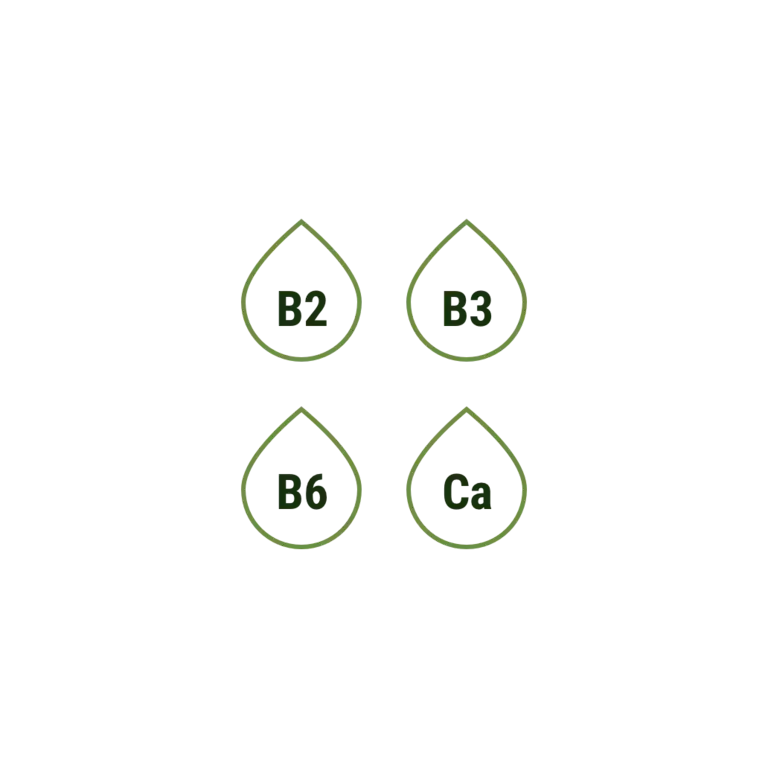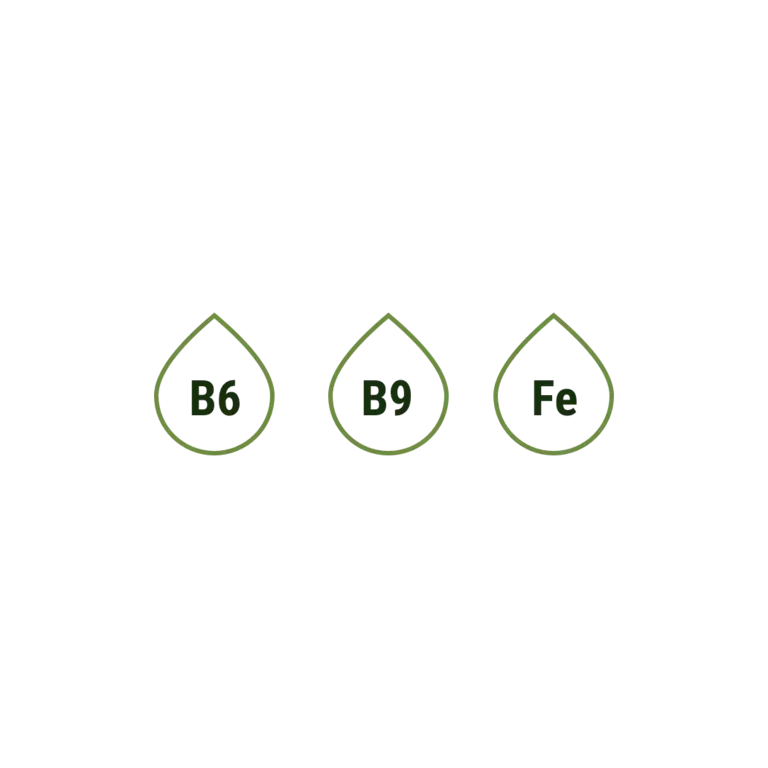The word ‘fortification’ means ‘a defensive wall or other reinforcement built to strengthen a place against attack’ – so what has that got to do with cereals? Well, when cereals are ‘fortified’, it means they contain added vitamins and minerals.

The word ‘fortification’ means ‘a defensive wall or other reinforcement built to strengthen a place against attack’ – so what has that got to do with cereals? Well, when cereals are ‘fortified’, it means they contain added vitamins and minerals.
Foods have been fortified since the 1920s when extra nutrients were added to help make up for vitamins and minerals lacking in people’s diets or restore nutrients lost during food processing. These days, it’s easier to consume the recommended nutrient intakes by eating a balanced and varied diet. Your morning bowl of fortified cereal can be a great way to kickstart the day for you and your family.
In fact, research shows that children and adults who eat fortified breakfast cereals are more likely to get the vitamins and minerals they need in a day.
Of course, you can’t have cereal without milk or your milk alternative. But what is fortified milk? Fortified milk is cow’s milk which has added vitamins such as vitamins D and A. However, during the fortification process, milk can have various other nutrients added such as zinc, iron and folic acid. Many milk alternatives are also fortified and you can check this by looking at the product label.

Crunchy, yummy and made with whole grain, most Nestlé breakfast cereals are fortified with 5 vitamins and 2 minerals, including riboflavin, niacin, B6, folic acid, pantothenic acid, iron and calcium. Some cereals are also fortified with vitamin D.
Take a look at the back of the box and you’ll find our wide range has plenty to offer and look at the chart below to find out what they do for your body.

Riboflavin (B2), Niacin (B3), Pantothenic Acid (B5), Pyridoxine (B6), Calcium (Ca), Iron (Fe) contribute to energy-yielding metabolism.

Riboflavin (B2), Niacin (B3) contribute to the maintenance of normal skin.

Riboflavin (B2), Niacin (B3), Pyridoxine (B6), Calcium (Ca) contribute to normal functioning of the nervus system.

Pyridoxine (B6), Folic Acid (B9), Iron (Fe), Riboflavin (B2) contribute to normal red blood cell formation.

Folic Acid (B9), Calcium (Ca), Iron (Fe) play a role in the process of cell division.

Pyridoxine (B6), Folic Acid (B9), Iron (Fe) contribute to the normal function of the immune system.

Calcium (Ca) is needed for the maintenance of normal bones and teeth.

Riboflavin (B2), Niacin (B3), Pantothenic Acid (B5), Pyridoxine (B6), Iron (Fe), Folic acid (B9) contribute to the reduction of tiredness and fatigue.

Iron (Fe) contributes to normal cognitive function.
The delicious chocolatey wonder of Nesquik cereals is fortified with Calcium, Iron, Folic Acid and vitamins B1, B6, and B2.
Next time you reach for a bowl, check out the back-of-pack nutrition information to discover the vitamins and minerals in your favourite cereal.
One 30-gram serving of a Nestlé fortified cereal typically provides at least 15% of the recommended Reference Intake of each micronutrient listed in the Vitamins & Minerals table on the pack. This means a balanced morning bowl of fortified breakfast cereal can help your family get the vitamins and minerals they need every day.
Fortified cereals are a great addition to your balanced diet. Want to know more about cereals and what they contain? Take a look at our ingredients page for more details